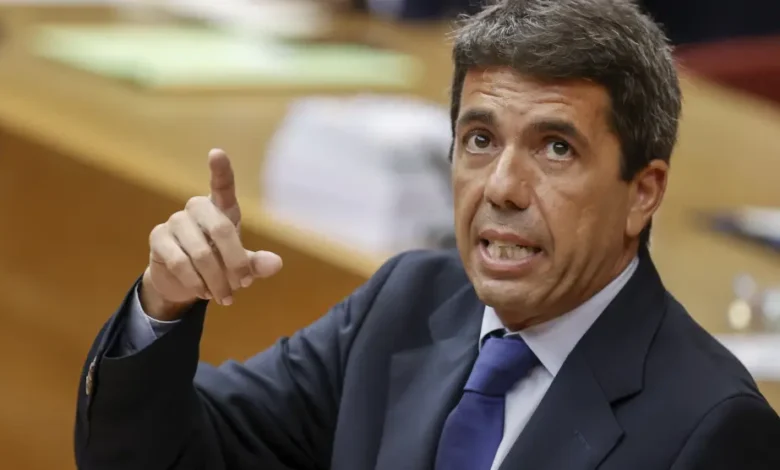
In October 2024, the Valencian Community found itself at the center of one of the most devastating tragedies in recent years. On the evening when the disaster had already claimed dozens of lives in the municipalities of Paiporta and Cata-roja, former Justice and Interior Councilor Salome Pradas tried to contact President Carlos Mazón. She called him twice to report a critical delay in sending the mass Es-Alert notification, but both times was unable to reach him. Only on her third attempt did she manage to speak with the regional leader—by then, the situation was already out of control.
At that moment, the municipalities were being ravaged by the elements: the swollen Poyo ravine (barranco del Poyo) unleashed a powerful surge that literally swept away entire neighborhoods. In Paiporta, at least 55 people died, and another 25 lost their lives in Cata-roja. In the emergency command center (Cecopi), which gathered representatives from all levels of government, heated debates were underway, but it was already too late. The mobile alert reached phones only at 20:11, when most of the missing could no longer be reached.
Investigation and disputes among officials
The situation surrounding the authorities’ actions quickly escalated into a high-profile investigation. Pradas, who became one of the main suspects in the case, insists that she kept the regional leadership informed in a timely manner. She maintains that all decisions were made by the emergency task force and that the president and his team received all the necessary information. However, Mazón himself claims he was unaware of the Es-Alert being sent and argues that he was not supposed to be involved in the process, as such actions are not outlined in the flood response protocol.
The investigation revealed that Mazón spent nearly four hours at the El Ventorro restaurant before attempting to contact Pradas. Later, they had several short conversations, but by then key decisions had already been made without his involvement. The presiding judge believes that, had the alert been sent earlier, more lives could have been saved. This issue has become central to the inquiry into potential negligence and manslaughter.
Accountability and consequences for the leadership
Along with Pradas, the former emergency management director is also under investigation. The judge offered Mazón three opportunities to testify voluntarily, but he refused, citing his official status. Now, the progress of the investigation depends on a decision by the region’s highest court.
The tragedy in Valencia has prompted a thorough reassessment of the alert system and coordination between different levels of government. Questions remain about who should make crucial decisions during a disaster, and when. For many residents of the region, this story has become a symbol of how bureaucratic delays and miscommunication can cost lives.












